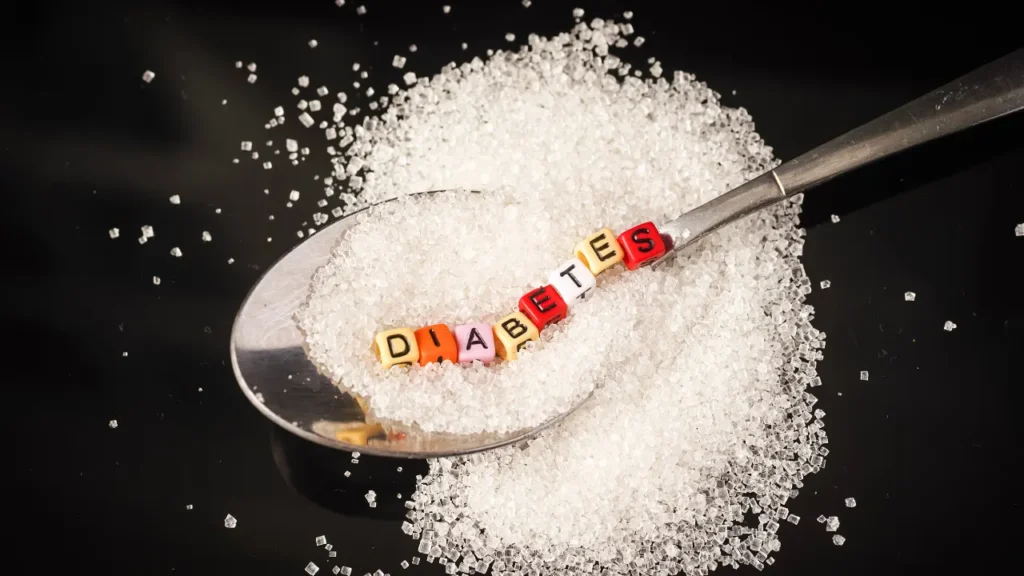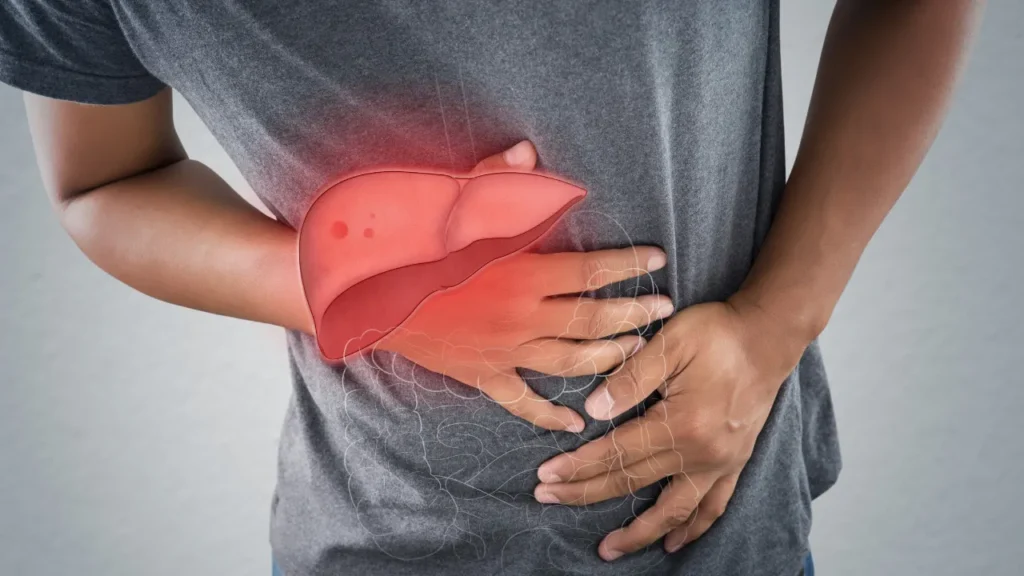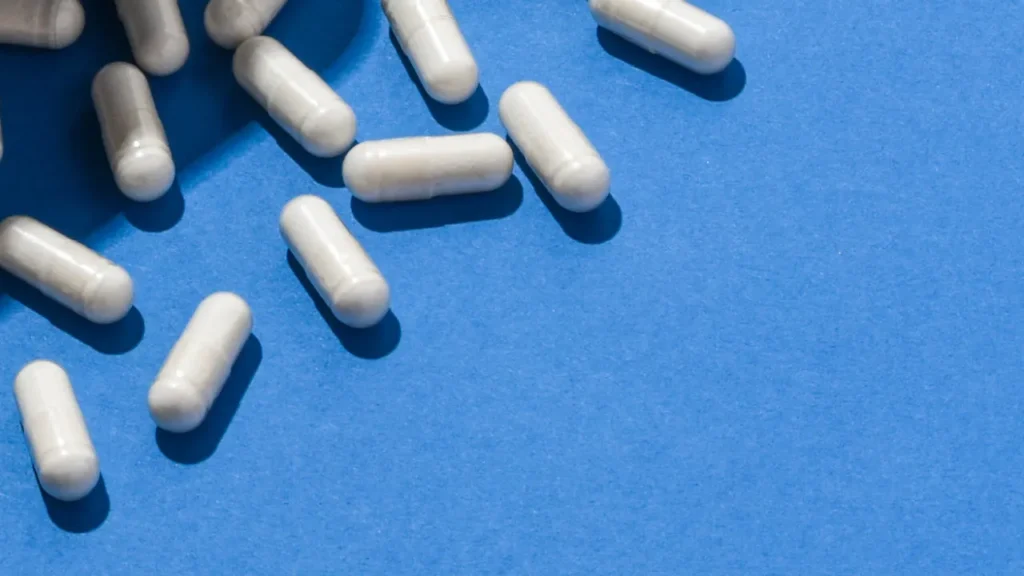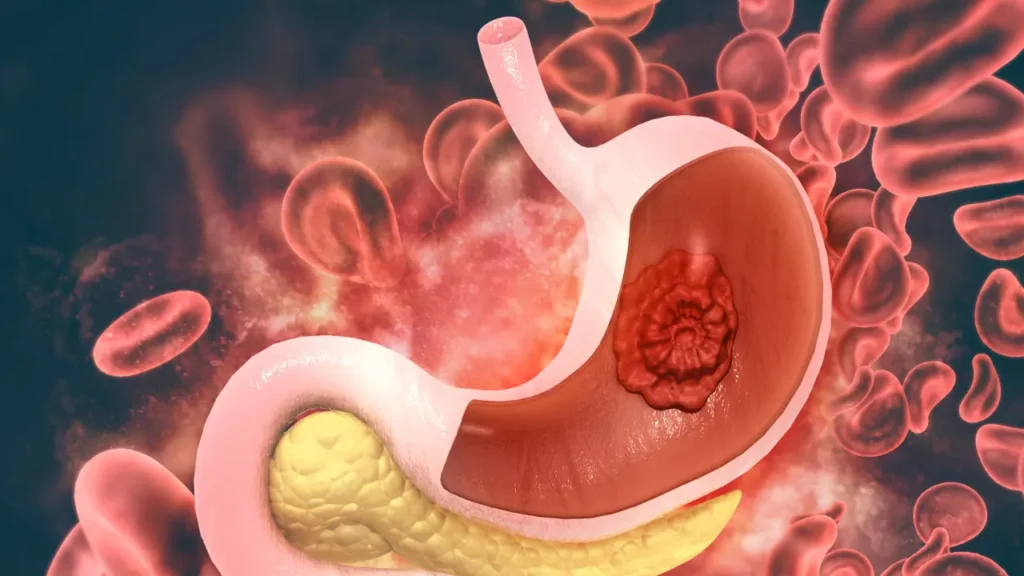Vanadium is a transition metal with the atomic number 23. Vanadium has attracted scientific and consumer interest in recent years due to its potential cognitive-enhancing effects. While its impact on biological systems is still being investigated, new studies suggest that Vanadium supplementation may improve alertness, focus, and cognition. This article will look at the nature of Vanadium, its health advantages, ideal dosage, adverse effects, potential drug interactions, and responsible use as a nootropic supplement.
You May Also Like:
Finding the Best Supplements for Brain Fog After COVID: 5 Top Brands Reviewed
ONNIT Supplements Antarctic Krill Oil Reviewed: A Leading Memory Support Supplement
Vanadium: Benefits, Dosage, Side Effects, Drug Interactions, And Other Important Information is an original (NootropicsPlanet) article.
Nature of Vanadium
Vanadium is found organically in trace levels in the human diet. For people who consume foods like peppers and shellfish on a daily basis, the intake from that could produce the presence of Vanadium ranging between 6 and 20 micrograms in their systems. Vanadium’s presence in bone tissues suggests a physiological function, possibly regulating glucose metabolism in a way similar to anti-diabetic medications. The use of Vanadium in diabetes treatment dates back before the discovery of insulin. Oral sodium vanadate shows promise in controlling blood sugar levels.
Health Benefits of Vanadium
Vanadium’s principal clinical usefulness is its ability to alter glucose metabolism positively. Vanadium, particularly vanadate, can form complexes with hydrogen peroxide to form peroxoVanadium (pervanadate), which has a stronger ability to inhibit protein tyrosine phosphatases (PTPs) than vanadate alone. These enzymatic interactions play an important role in controlling glucose uptake into cells. These interactions may also imitate insulin’s effects to some extent, perhaps helping with illnesses like diabetes by raising insulin sensitivity and improving glycemic control.

Chemistry of Vanadium
Vanadium exists in several oxidation states, but the most medically significant ones are vanadate (V^5+) and vanadyl (V^4+). Vanadium can combine with hydrogen peroxide to make peroxoVanadium compounds (pervanadate). This ability to form compounds and interact with biological substances underpins Vanadium’s potential medicinal properties.
Physiological Mechanism of Action
The primary mechanisms by which Vanadium affects the body and brain are through its interactions with the insulin signaling pathway and glucose metabolism. Vanadium increases insulin sensitivity by imitating the action of insulin by blocking PTPs. Vanadium specifically inhibits P-type ATPases and PTPs, which are involved in phosphorylation reactions essential for glucose absorption and cellular signaling.
Enhanced tyrosine phosphorylation resulting from PTP inhibition stimulates cell absorption of glucose, irrespective of the insulin signaling route. This is important because Vanadium may help improve glycemic control in those with type 2 diabetes or insulin resistance by improving the body’s reaction to insulin.
Furthermore, by blocking the negative regulation that usually results from IRS-1 degradation, Vanadium’s suppression of PTPs can extend signaling through the insulin receptor. Prolonged signaling may positively impact metabolic health outcomes, such as better blood sugar regulation in diabetics.
Research on the treatment of diabetes has demonstrated that supplementing with Vanadium can lower blood glucose levels and increase insulin sensitivity in people with type 2 diabetes. The mechanisms underlying these effects include a potential increase in glucose absorption in peripheral tissues and a suppression of glucose synthesis in the liver.

Optimal Dosage
There is no consensus on the ideal dosage for Vanadium, particularly with relation to glucose metabolism. However, in people with impaired glucose tolerance, studies have frequently employed an oral dosage of 100 mg once daily. While it is unclear if this is the ideal therapeutic dose, it seems to be working well thus far.
Side Effects of Vanadium
While modest consumption of Vanadium supplements is generally harmless, excessive ingestion may have negative effects. Gestural problems like nausea, vomiting, and diarrhea have been linked to high Vanadium consumption. Furthermore, there may be hazards to the liver and kidneys from long-term exposure to high Vanadium levels.
Potential Substance Interactions
Supplementing with Vanadium may interact with drugs and other medicines. Vanadium, for instance, has been shown to amplify the effects of insulin and oral hypoglycemic medications, which may cause hypoglycemia in diabetics. Furthermore, when taken concurrently with other minerals like iron and zinc, Vanadium may hinder their absorption.

Best Responsible Use
Vanadium’s usage as a nootropic or to improve cognitive abilities like attention and alertness is still speculative due to the scant and sometimes contradictory information about its safety and efficacy, especially for populations without diabetes. If you are interested in utilizing Vanadium for these goals, proceed with caution and ideally under the supervision of a healthcare professional. Just as well, please keep in mind the risks and advantages associated with the material as well as our present understanding of its mechanisms.
Conclusion:
Vanadium
Vanadium is a substance that occurs naturally within some foods in the human diet. These foods might be shellfish, peppers, and even trace amounts in drinking water. It is a trace mineral that has the potential to improve areas of health such as prediabetes, diabetes, cognition, and other areas. There is a lack of substantial scientific research conducted on this substance, so please research, and follow the advice from a trusted health care professional in your conversations about consuming Vanadium. It is typically taken orally and in small amounts is safe. Please be aware of what higher dosages might do to your body, like stomach problems and damage to other systems.

References:
- “Vanadium: Risks and possible benefits in the light of a comprehensive overview of its pharmacotoxicological mechanisms and multi-applications with a summary of further research trends.” Retrieved from: https://www.ncbi.nlm.nih.gov/pmc/articles/PMC7152879/
- “Vanadium in Biological Action: Chemical, Pharmacological Aspects, and Metabolic Implications in Diabetes Mellitus.” Retrieved from: https://www.ncbi.nlm.nih.gov/pmc/articles/PMC6373340/
- “The role of vanadium in biology.” Retrieved from: https://pubmed.ncbi.nlm.nih.gov/25608665/
- “Vanadium in Biosphere and Its Role in Biological Processes.” Retrieved from: https://link.springer.com/article/10.1007/s12011-018-1289-y
Important Note: The information contained in this article is for general informational purposes only, and should not be construed as health or medical advice, nor is it intended to diagnose, prevent, treat, or cure any disease or health condition. Before embarking on any diet, fitness regimen, or program of nutritional supplementation, it is advisable to consult your healthcare professional in order to determine its safety and probable efficacy in terms of your individual state of health.
Regarding Nutritional Supplements Or Other Non-Prescription Health Products: If any nutritional supplements or other non-prescription health products are mentioned in the foregoing article, any claims or statements made about them have not been evaluated by the U.S. Food and Drug Administration, and such nutritional supplements or other health products are not intended to diagnose, treat, cure, or prevent any disease.


